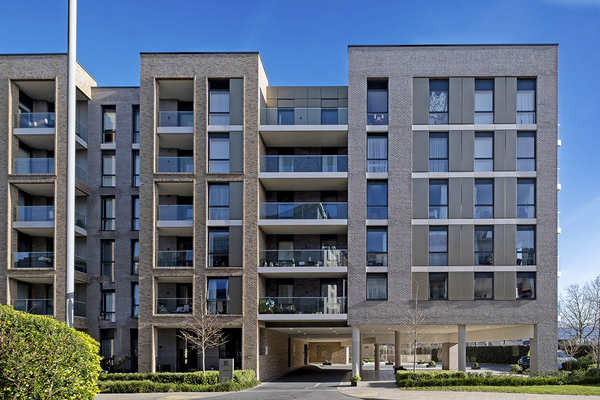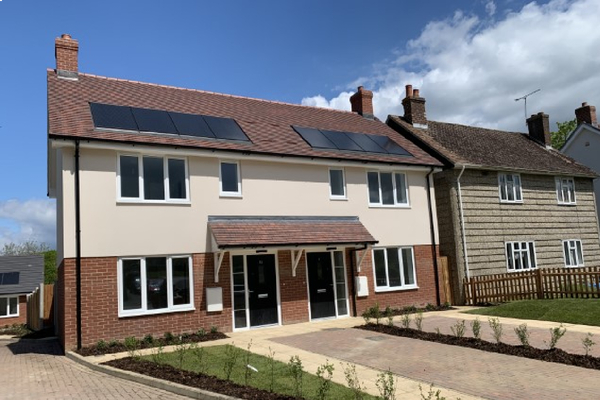You are viewing 1 of your 1 free articles
Ombudsman sets out nine key tests for assessing shared ownership complaints
The Housing Ombudsman has set out nine key tests for improving fairness in shared ownership complaints.
In its latest report, the sector watchdog has set out the learnings for how it will assess shared ownership complaints in future, and highlights where it can intervene for shared owners, including on issues such as defects and sales process.
The ombudsman’s investigation found errors during selling which lead to residents being unable to afford to purchase, incorrect charges which then come as a surprise after moving in, alongside issues where poor understanding of a lease agreement led to months of delays to vital repairs.
This was found in addition to miscommunication and confusion over maintenance responsibilities, plus the complexity of shared ownership had impaired landlords’ response to complaints, compounded by poor knowledge and information management.
The ombudsman also highlighted a number of areas where landlords could improve that will make up its nine key tests during any investigation into shared ownership cases.
These include the sales process, defects, cladding, repairs, charges, and managing agents and freeholders.
This is because the watchdog said it has found evidence of residents not being told the correct levels of staircasing, and cases of landlords not chasing developers or following up with the residents following defects being raised.
On cladding, cases included unreasonable delays in communication about documents residents may have needed or about the safety of the actual building itself.
The need for better communication and information to be provided was highlighted on repairs and charges, and the ombudsman found that landlords did not often effectively manage their relationships with the freeholder or managing agent of the building, leading to difficulties in communicating effectively with residents.
Richard Blakeway, the housing ombudsman, said: “Criticisms of shared ownership stem from its inherent complexity, fundamental inequities in its design, and responsibility for residents without the same level of control.
“While this report cannot fix these problems, it gives residents the opportunity to learn about complaints they can bring to us to make their housing situation better, while also giving landlords the opportunity to learn from the complaints we have had to provide a better service to shared owners.
“A simple concept has led to a complicated product and miscommunication has too often undermined the relationship between landlord and shared owner from the outset.
One of the most striking lessons from our review is the ability of landlords to successfully recover service failures in their complaints process for shared owners compared to other tenures. This must provide lessons for overall handling.”
The March findings of an inquiry into the affordability of shared ownership found that it had “failed to deliver” and needs “urgent reform” after it found uncapped service charges, rising rents and unfair maintenance costs make it unaffordable.
Mr Blakeway added: “We may be at an inflection point for shared ownership. Any future reform of shared ownership must address the recurring reasons for dissatisfaction and service failure that is so evident in our casework.”
The ombudsman pointed out that the number of complaints it receives each year from shared owners is proportionate to the size of the tenure, but the high level of dissatisfaction among shared owners suggested that figures should be higher.
As a result, the ombudsman is undertaking targeted awareness raising and has also updated its website to provide key information for both shared owners and landlords.
At the Labour Party Conference this week, the former chair of the Levelling Up, Housing and Communities Committee said grant could be switched from shared ownership to social rent and that he is “sceptical” about the future of the product as a part of the government’s affordable housing plans.
Sign up for our regulation and legal newsletter
Already have an account? Click here to manage your newsletters












